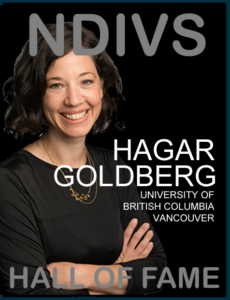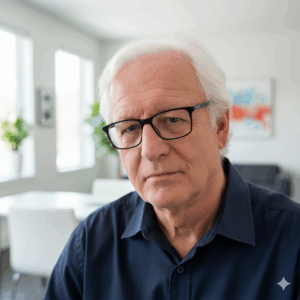The Science of Neurodiversity by Hagar Goldberg
 Neurodiversity is a concept and a social movement that addresses and normalizes human neurocognitive heterogeneity to promote acceptance and inclusion of neuro-minorities (e.g., learning disabilities, attention disorders, psychiatric disorders, and more) in contemporary society. Neurodiversity is attributed to nature and nurture factors, and about a fifth of the human population is considered neurodivergent.
Neurodiversity is a concept and a social movement that addresses and normalizes human neurocognitive heterogeneity to promote acceptance and inclusion of neuro-minorities (e.g., learning disabilities, attention disorders, psychiatric disorders, and more) in contemporary society. Neurodiversity is attributed to nature and nurture factors, and about a fifth of the human population is considered neurodivergent.
What does neurodiversity mean neuroscientifically? This question forms the foundation of the present entry, which focuses on existing scientific evidence on neurodiversity including neurodiversity between and within individuals, and the evolutional perspective of neurodiversity.
Furthermore, the neuroscientific view will be synergistically integrated with social approaches, particularly in the context of the normalization of neurodiversity and its association with the medical and social models of disability.
This multidimensional analysis offers a cohesive and comprehensive understanding of neurodiversity, drawing insights from various vantage points, such as social, psychological, clinical, and neuroscientific viewpoints. This integrated approach fosters a nuanced and holistic discussion on the topic of human diversity. Continue reading



 Neurodiversity is a concept and a social movement that addresses and normalizes human neurocognitive heterogeneity to promote acceptance and inclusion of neuro-minorities (e.g., learning disabilities, attention disorders, psychiatric disorders, and more) in contemporary society. Neurodiversity is attributed to nature and nurture factors, and about a fifth of the human population is considered neurodivergent.
Neurodiversity is a concept and a social movement that addresses and normalizes human neurocognitive heterogeneity to promote acceptance and inclusion of neuro-minorities (e.g., learning disabilities, attention disorders, psychiatric disorders, and more) in contemporary society. Neurodiversity is attributed to nature and nurture factors, and about a fifth of the human population is considered neurodivergent. Working memory is integral to a range of critical cognitive functions such as reasoning and decision-making. Although alterations in working memory have been observed in neurodivergent populations…
Working memory is integral to a range of critical cognitive functions such as reasoning and decision-making. Although alterations in working memory have been observed in neurodivergent populations…



